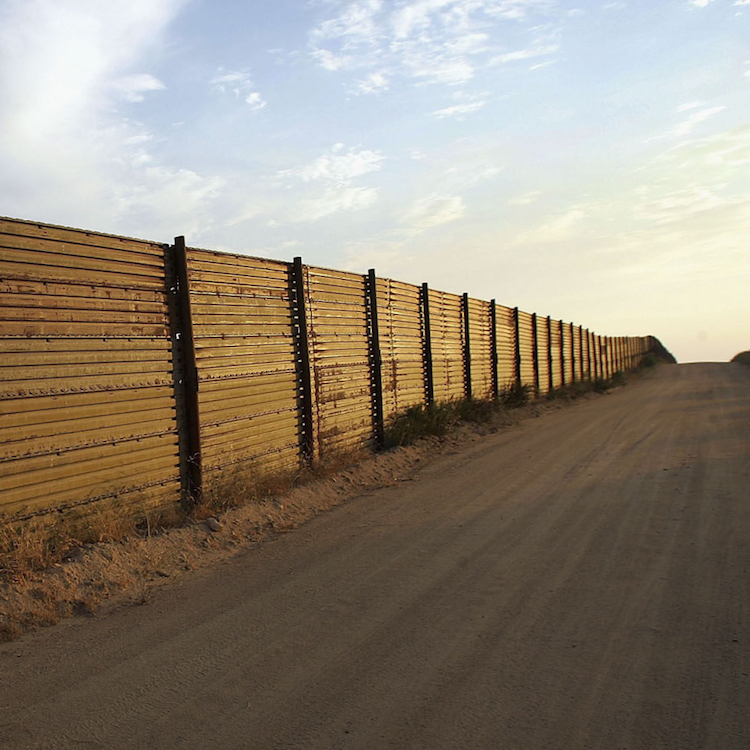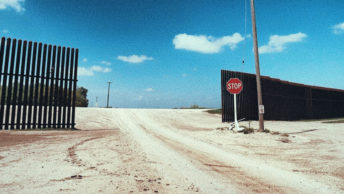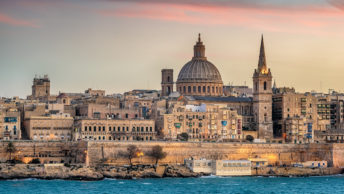A good friend and I have been having an email debate about what should be done about illegal aliens. My position is rather straightforward: Build an effective wall along the border between Mexico and the United States, have a five-year moratorium on all legal immigration, enforce laws that punish companies that refuse to verify the legality of foreign workers, deny welfare and other benefits to illegal aliens, send legal aliens home when their visas expire, end the practice of birthright citizenship, swiftly deport illegal aliens, especially if they commit a crime, and financially punish so-called sanctuary cities.
My friend, on the other hand, feels that I am too harsh and that I lack true Christian compassion. Although he claims that he does not favor open borders, he feels that we must take in the suffering masses. When I ask how many, he never answers. The idea of deporting illegals does not appeal to him. To his credit, he believes that our government should put great pressure on corrupt governments to create a system that gives the people a chance for a better life, thus reducing the desire of their citizens to come here.
A few days ago, my friend sent me an article that he feels encapsulates his position. It is written by Dr. Paul Louis Metzger, Founder and Director of The Institute for the Theology of Culture: New Wine, New Wineskins. Mr. Metzger introduces his article by pointing out that Jesus was willing to “break the law of the land,” which, according to Metzger, was the Mosaic Law. For example, Jesus chose to heal on the Sabbath, which led him into conflict with the Pharisees. This miracle, along with several others, established Jesus as a revolutionary.
But there is a problem with the author’s premise. The law of the land was not the Mosaic Law but Roman Law. Jesus did not break Roman Law until he was before Pilate and admitted that he was a king. That admission frightened Pilate and led inevitably to the crucifixion. Jesus certainly ruffled the feathers of the religious establishment, but to paint him as a political revolutionary is disingenuous and manipulative.
After Metzger finishes his flawed analogy, he gets to his main point: When it comes to illegal immigration, each Christian must ask himself, “What would Jesus do?” Metzger suggests the correct answer when he writes the entire parable of the sheep and the goats. Most of us are familiar with “I was hungry . . . I was thirsty . . . I was a stranger . . . I was naked . . . I was sick . . . I was in prison . . . etc.”
Clearly the author wants the reader to identify illegals as those suffering souls mentioned in the parable. And the obvious, but not stated, conclusion is that if one fails to address the needs of illegals, then that poor soul is going to spend eternity with the goats.
No true Christian would deny the obligation to see to the needs of his neighbor. If my neighbor’s children are hungry, I must do all that I can to relieve that hunger. I must give water to a thirsty person, clothe the naked, help the sick, etc. But would Jesus expect me to do so without using reason?
For example, would Jesus expect me to do those things if, in the process, my family suffers? If I give food to my neighbor, and my children go hungry, is that a reasonable Christian response? If I knowingly bring a person into my home who has a dangerous, contagious disease, and my family contracts the disease, is that a reasonable Christian response? If I invite a homeless man to live with my family, and I do not know that he is an escaped felon, and he rapes my daughter, is that a reasonable Christian response?
I think most people would judge such behavior as incredibly irresponsible and dangerous. Now, if we can see that on the micro level of the family, why should it be different on the macro level of nations?
If a nation allows millions of aliens, legal and illegal, inside its borders, is it always the “Christian” thing to do? What if a good percentage of those aliens have come for the sole purpose of accessing government handouts, straining a system already near collapse? What if a significant percentage are criminals, whose actions cause the suffering or death of untold thousand of citizens? What if a large percentage have no desire to live under the laws of that nation but, instead, want to radically change the laws to fit their own cultural and/or religious views, causing a degradation of the rule of law? And what if even a small percentage are terrorists who end up killing thousands of innocent people? Is that Christian love or national suicide?
WWJD? is a fair question when it comes to people as individuals. And when an individual rationally reaches out to someone in need, it is true charity.
But when it comes to national policy, WWJD? is a question that can be dangerously naive. Our nation’s irresponsible immigration policy can be legitimately opposed by sincere Christians, and they should not be condemned for somehow lacking in truth faith in Jesus.








